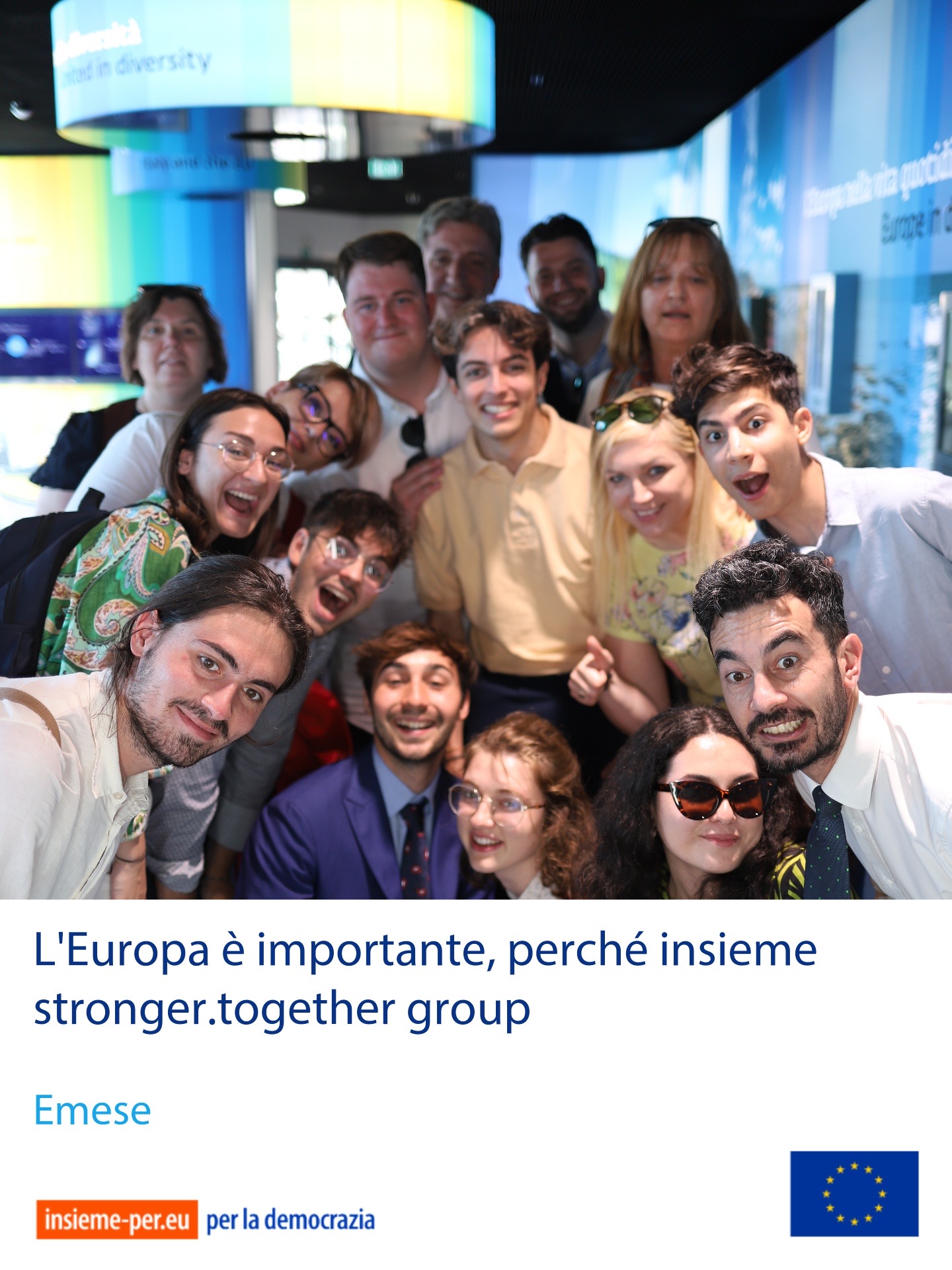Readers of our newsletter might easily recall the regular reporting on our Stronger.Together flagship project. Its aim is to elaborate a comprehensive proposal for an EU macro-regional civil strategy. The road leading to a well-consulted and broadly based document includes several preparatory steps: apart from an ongoing consultation process (you can respond to our questionnaire here), in-person preparatory meetings take place in each of the four macro-regions. In April 2023 the Austrian capital hosted an event with the participation of the EUSDR civil stakeholders and on 23 June 2023 Spazio Europa, the headquarters of the European Commission and the European Parliament in Rome opened its doors to the more than 50 mainly young attendees. They came mainly from the EUSAIR (Adriatic and Ionian) macro-regional countries ranging from Croatia through Bosnia and Herzegovina and Greece. Our local host organisation was the European Movement Italy.
Despite of the heat in Rome and the heavy programme, the climate of the event was positive and encouraging from the outset thanks to the supportive messages of two Italian MEPs: Brando Benifei and Massimiliano Smeriglo (EP elections on the horizon!), to a human face and voice from the Commission (Johan Magnusson, DG Regio, who understands citizens) and to Ugo Poli of the Central European Initiative Executive Secretariat from Trieste who convincingly put the whole EUSAIR notion into a broader historical context. The introductory part of the meeting was concluded by a panel discussion with a presentation of the EESC representative, Ioannis Vardakastanis and a fresh voice from the Baltic Sea Region, Magda Leszczyna-Rzucido.
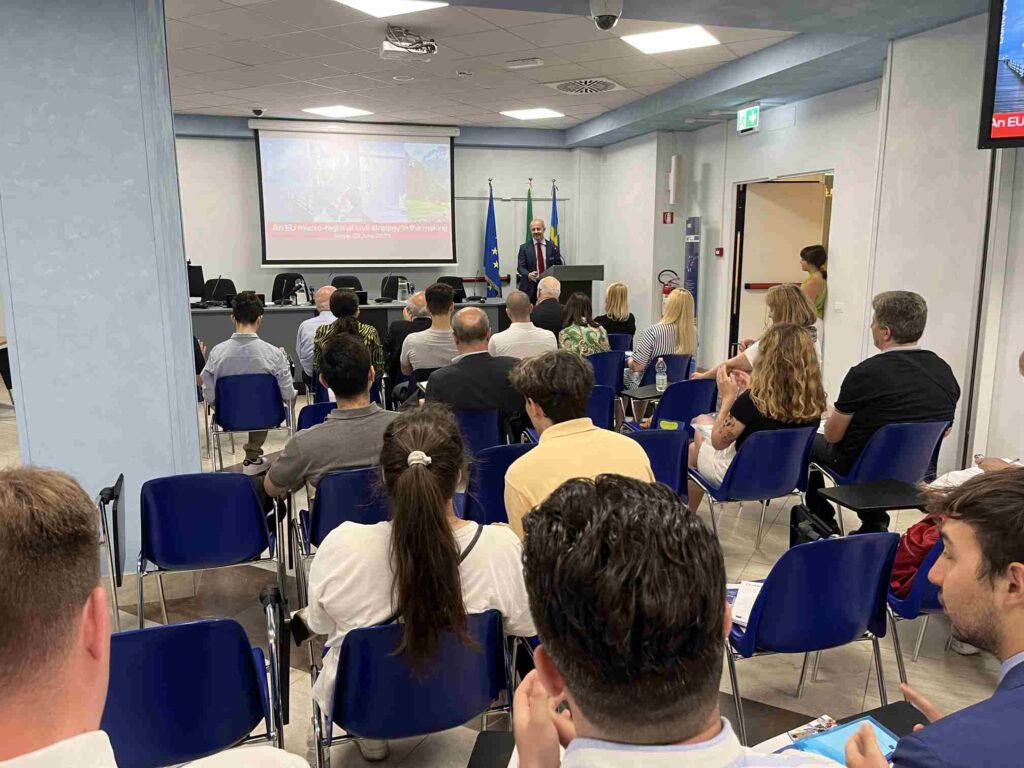
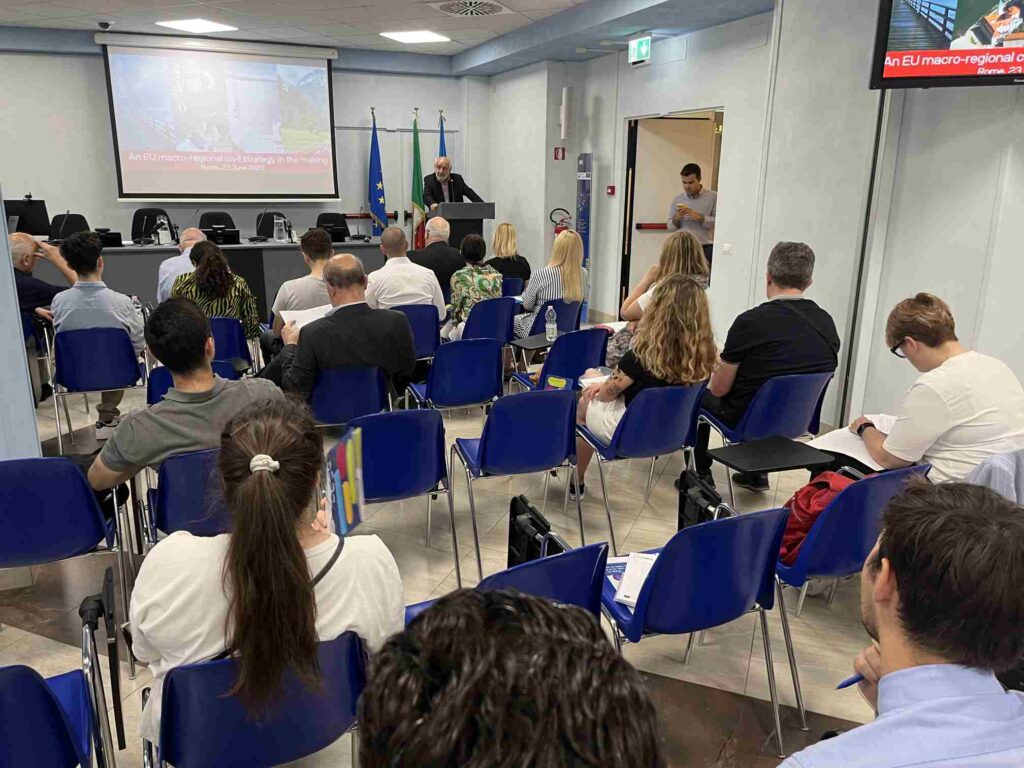
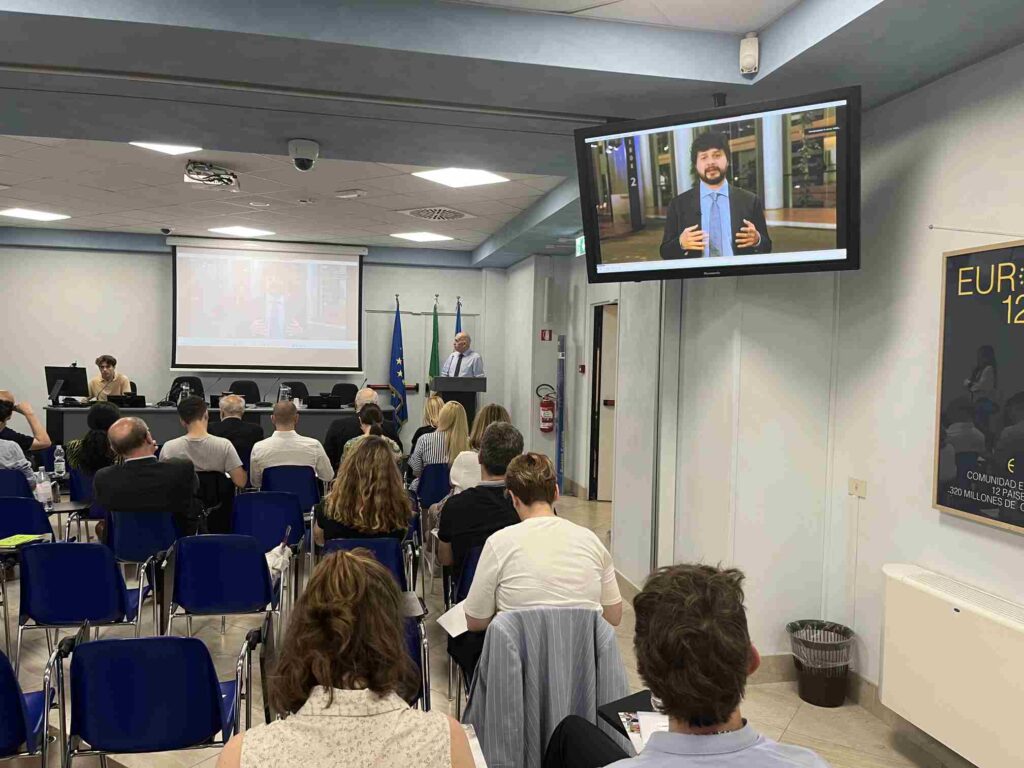
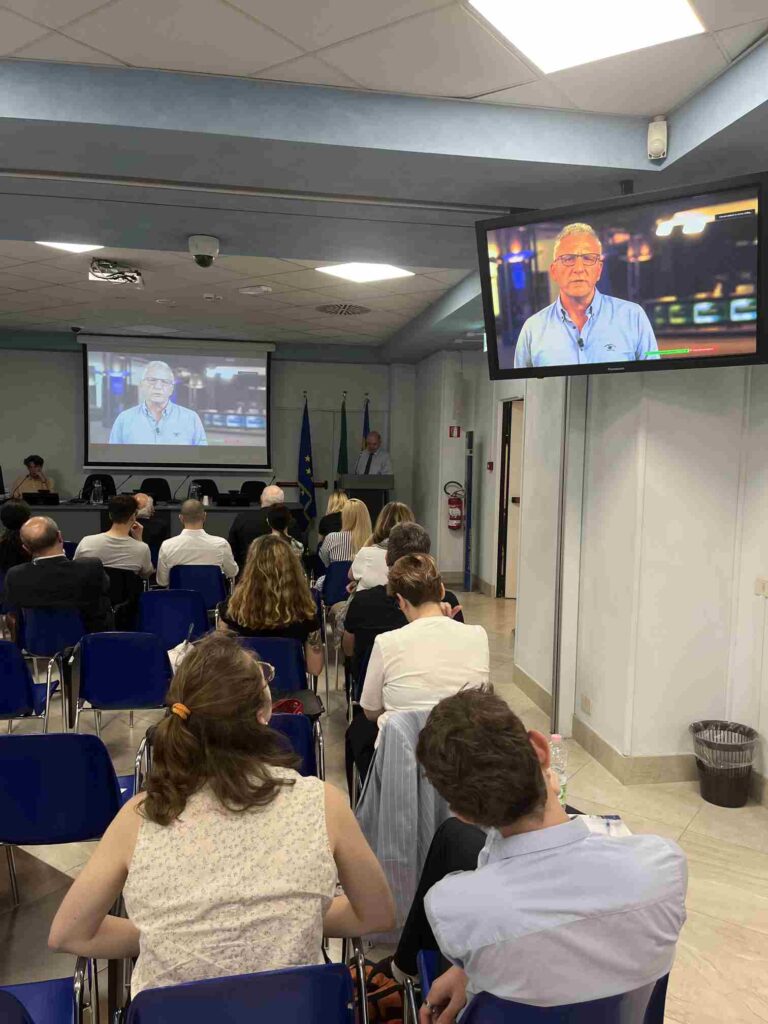
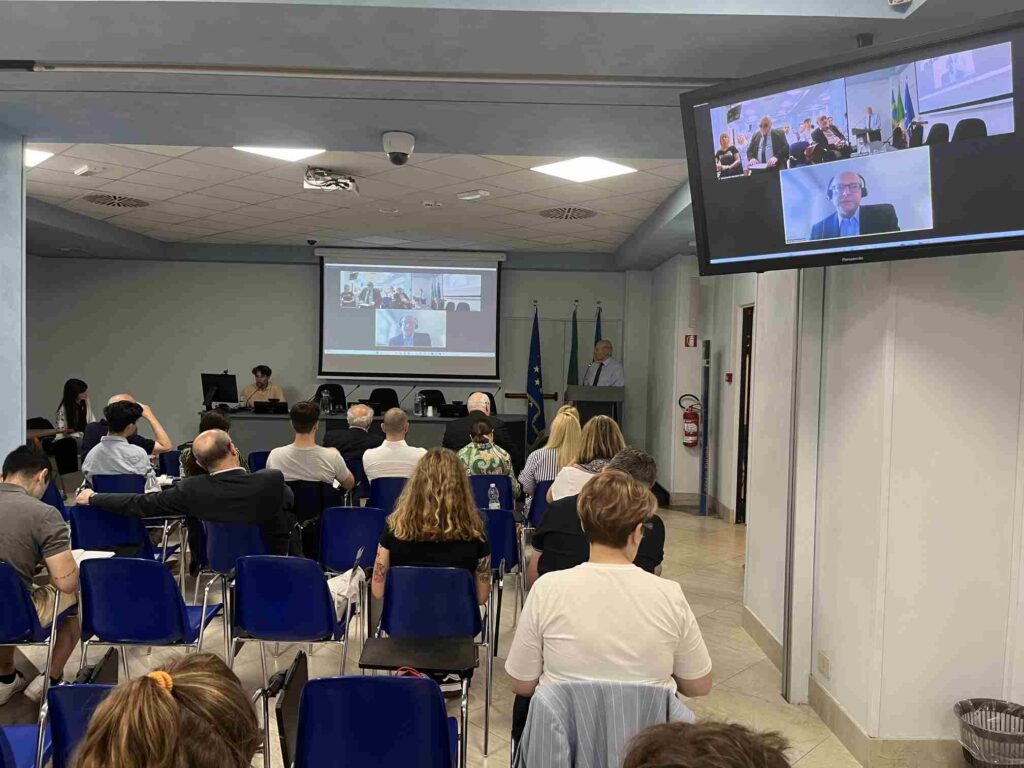
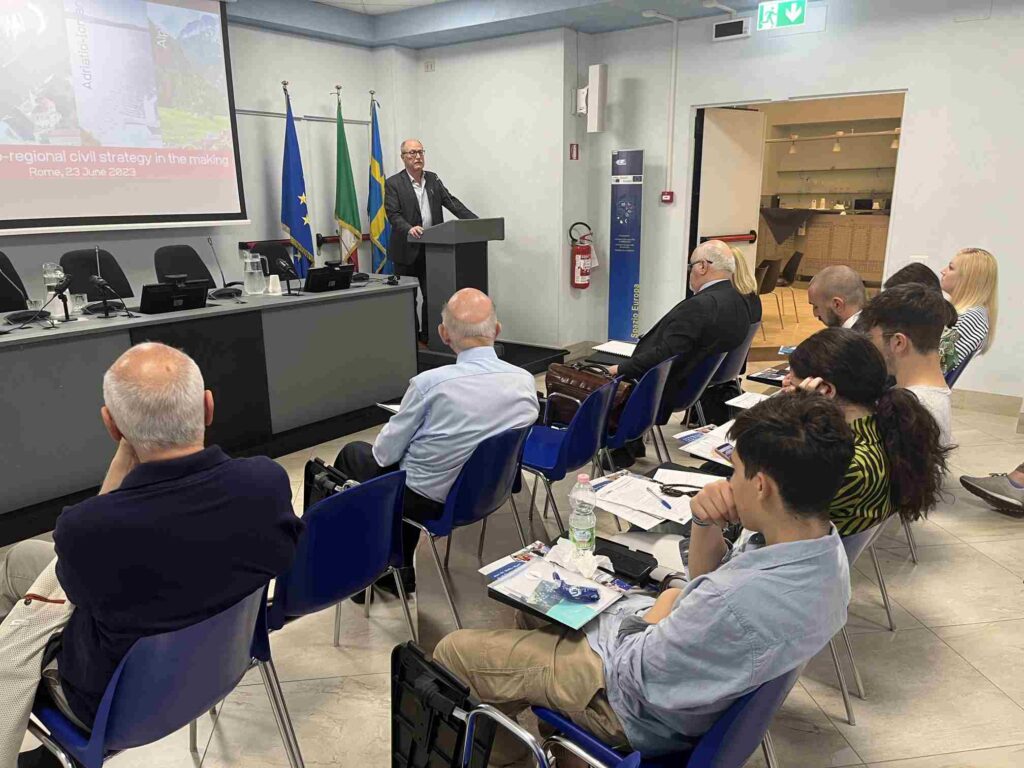
All these seemingly „traditional” conference elements eloquently paved the way for discussions in three parallel working groups where youth dynamism and creativity dominated with observations and proposals as
- give us room to invent and practice the most appropriate and attractive forms of youth involvement in MRS policy making; let us decide who the youth representatives are;
- there are common challenges in all the four macro-regions eg. climate change, mental health or youth (un)employment; horizontal/cross macro-regional platforms should be set up to address them; this can also strengthen the European dimension of our work;
- interaction with other non-governmental stakeholders including academia and economic/financial bodies and institutions should be pursued;
- for young people it is difficult to understand and find the way in the labyrinth of MRS and EU policy making; assistance is needed in forms of information, education and training sessions; this should lead to a structured dialogue with CSOs on a partnership bases;
- involvement of citizens on an equal footing from the EUSAIR non-EU member states is vital; this attitudes radiates a sense of togetherness and respects the natural diversities;
- tourism in the region not only a leasure activity any longer but combined with arts and the cultural sector can be a driver of sustainable growth;
- civil actors especially young people are in a disadvantageous situation in financial terms when it comes to in-person participation in MRS programmes; proper funding mechanisms should be established;
- youth participation, especially that of first-time voters at the 2024 EP elections should be systematically promoted.
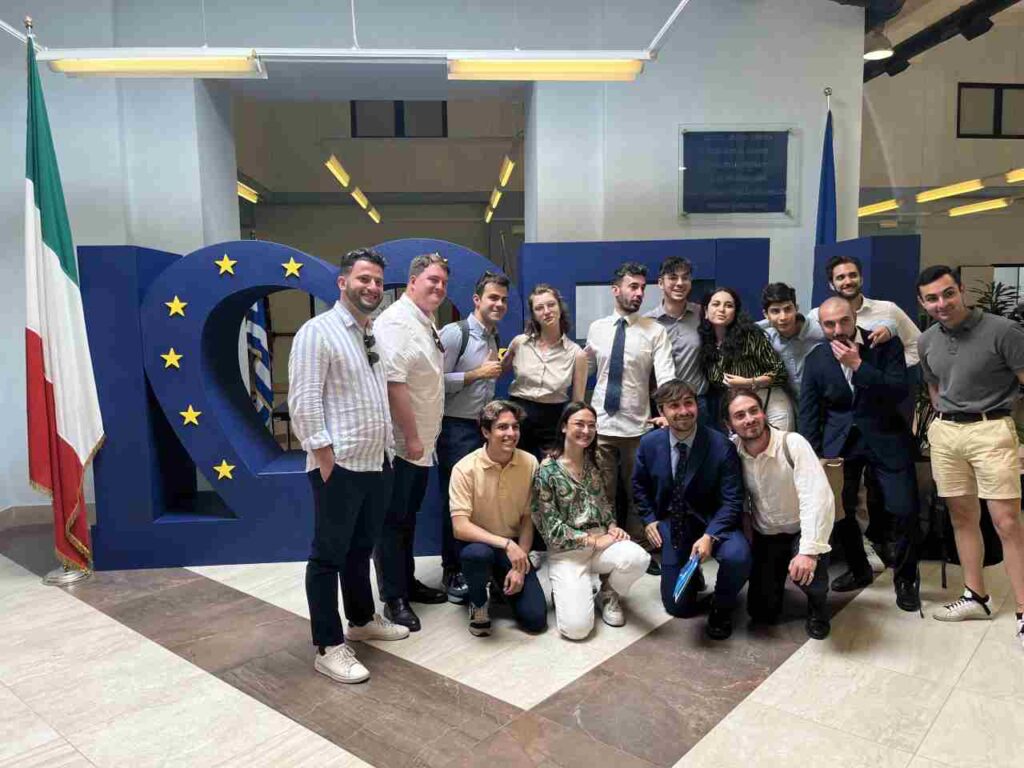
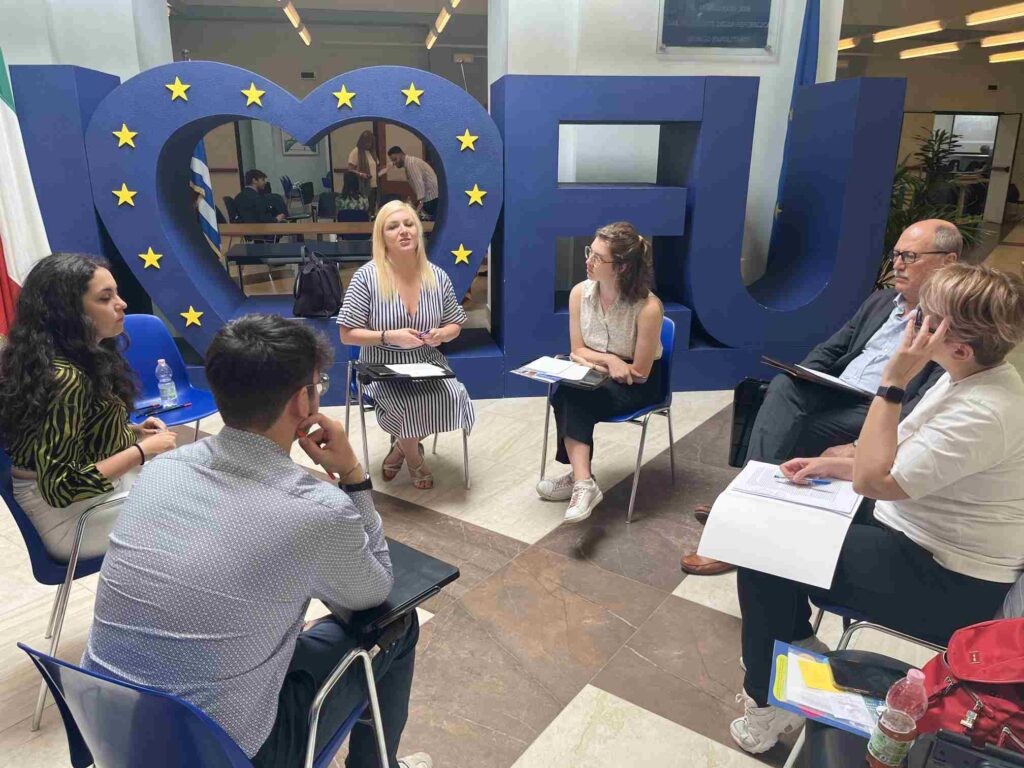
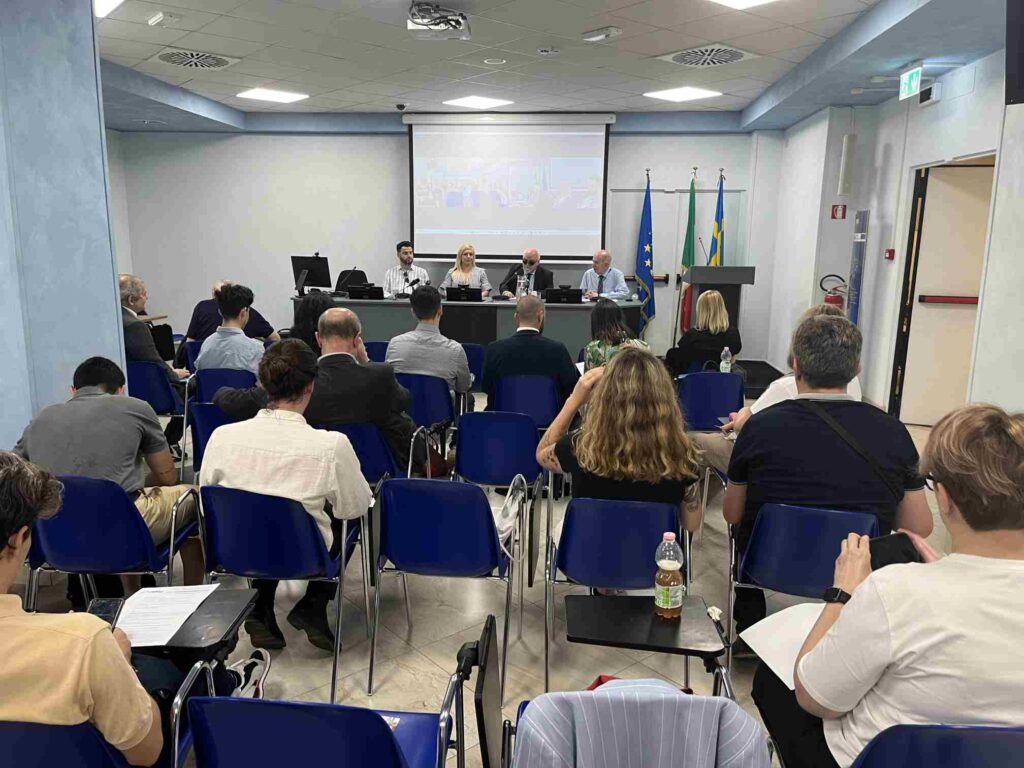
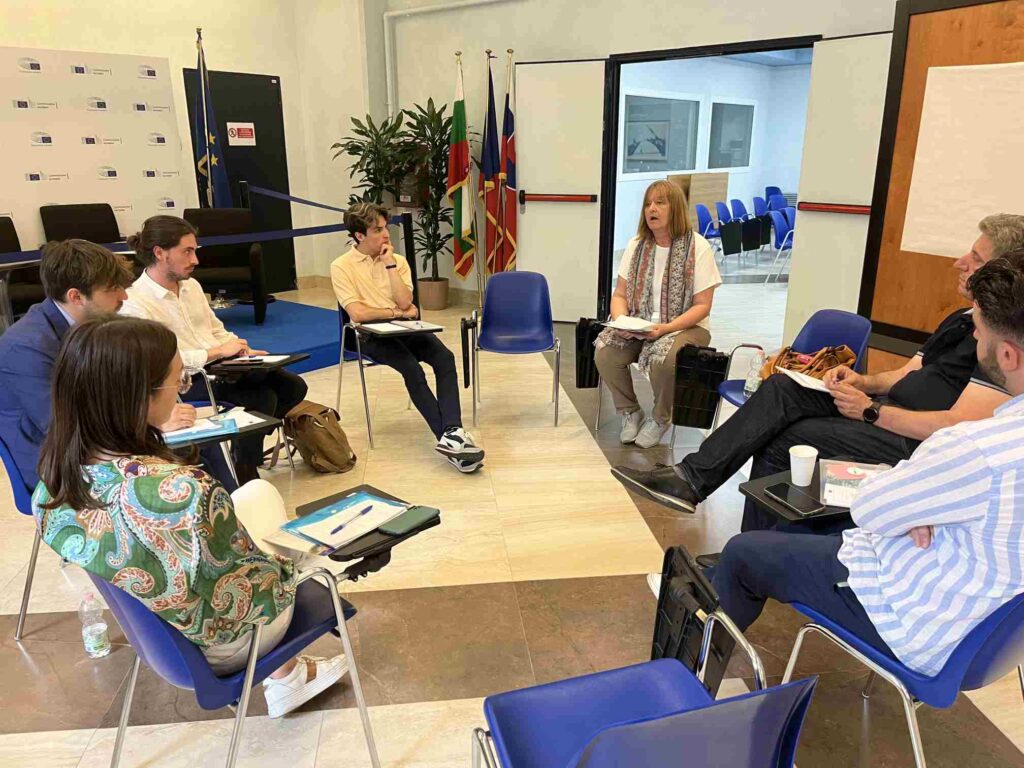
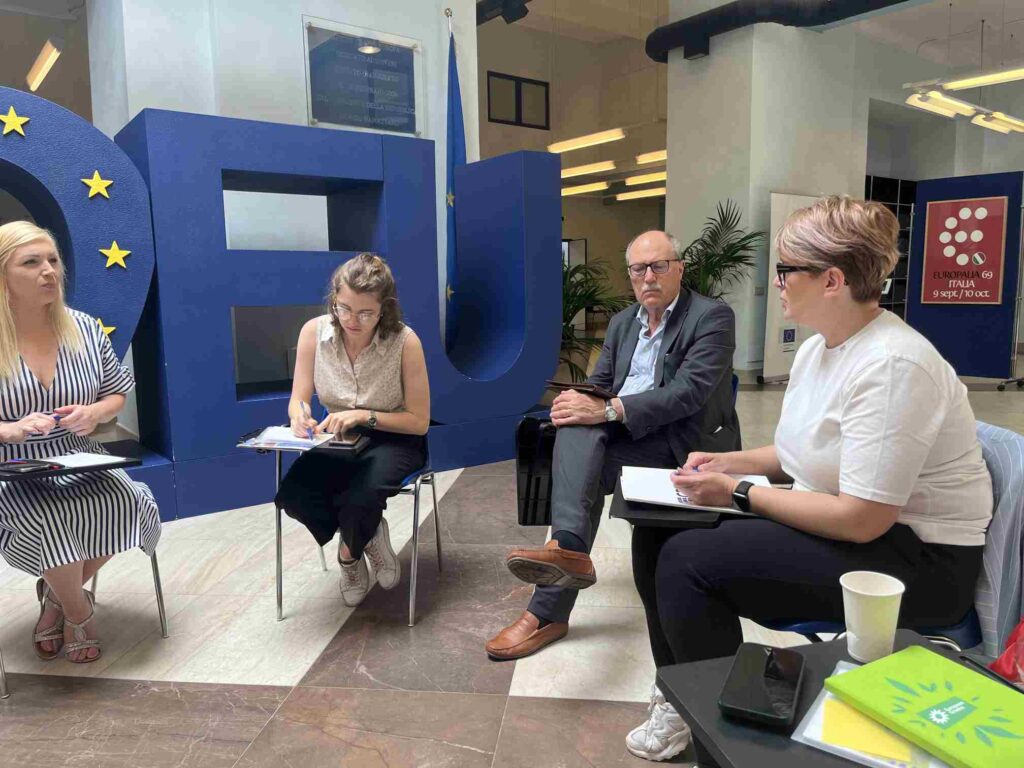
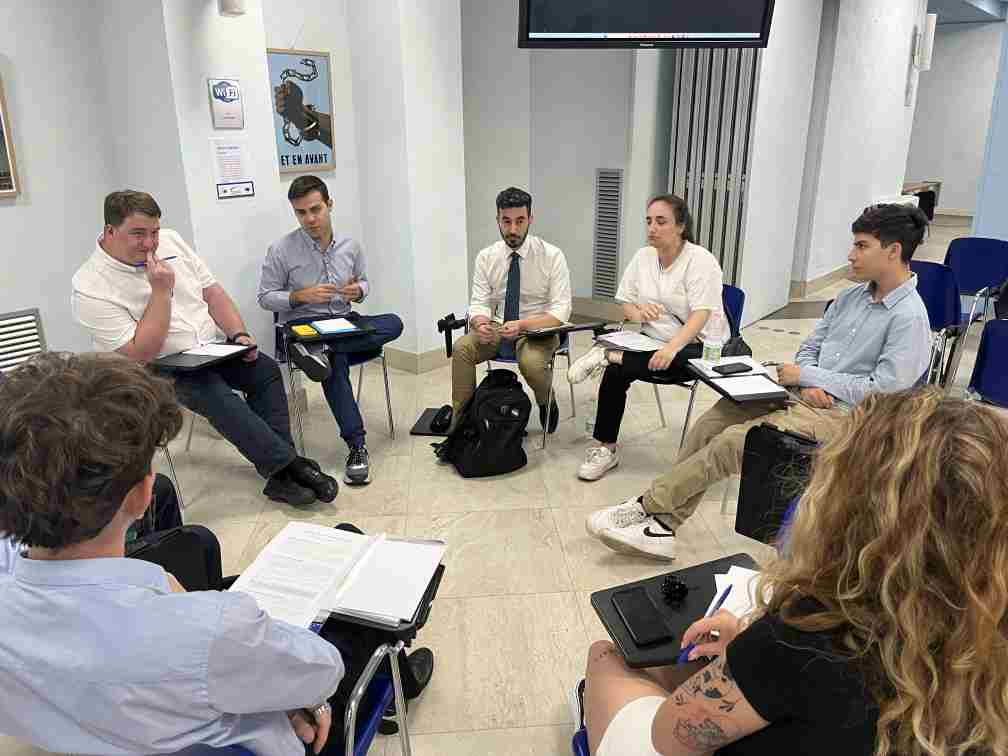
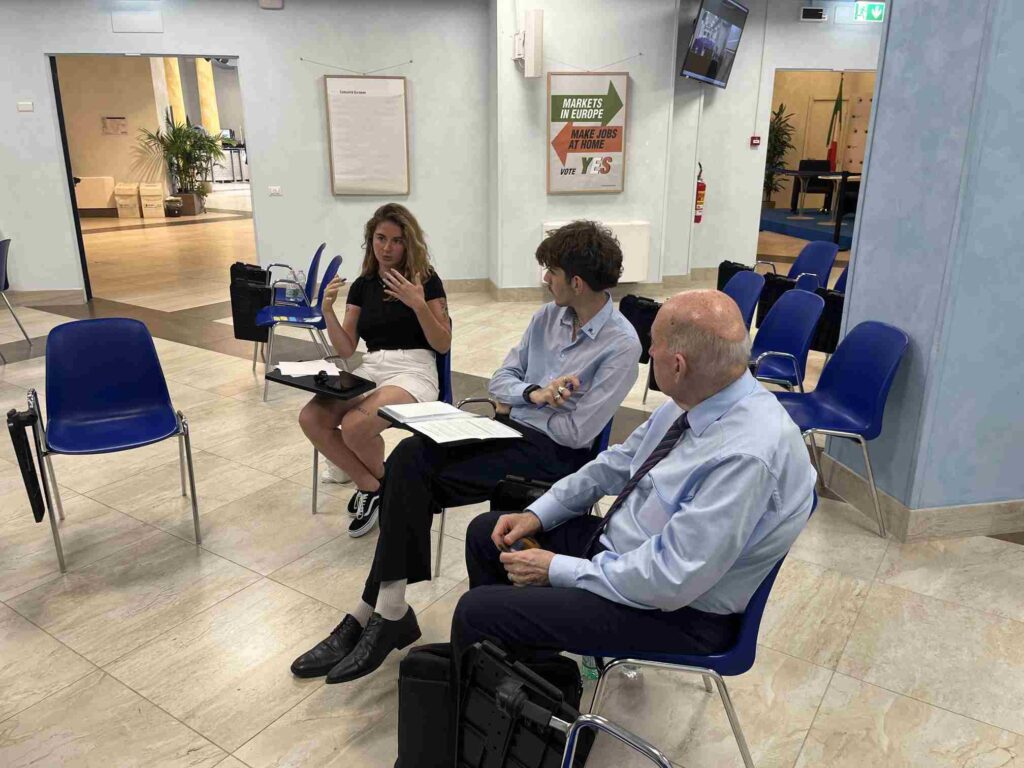
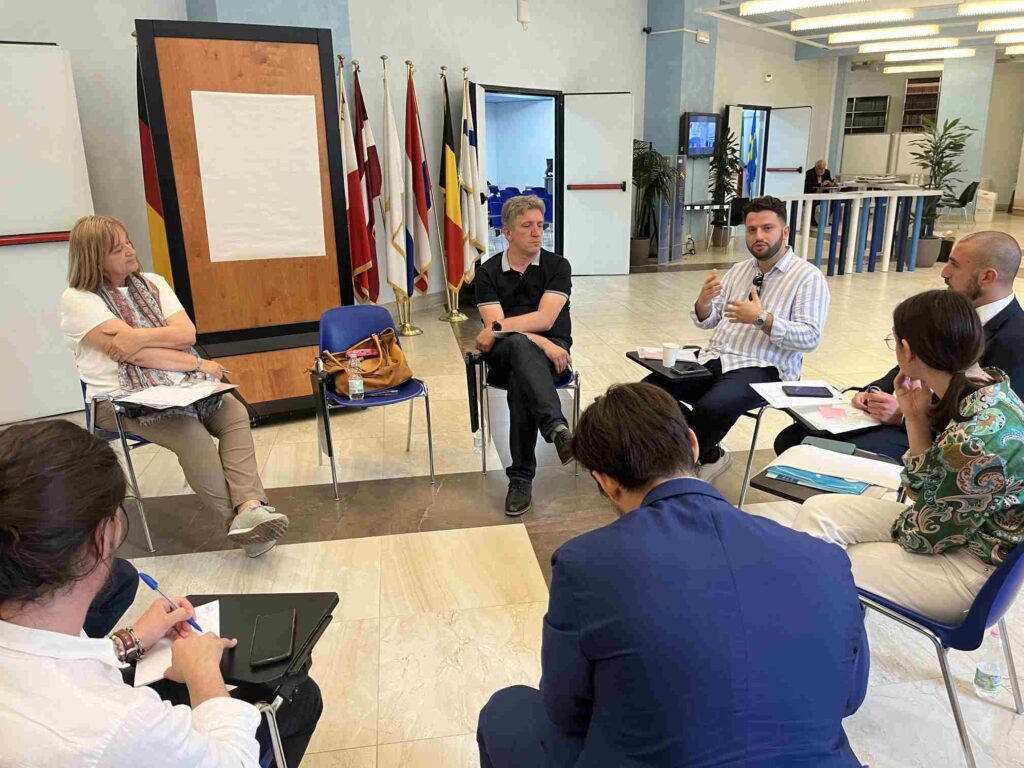
Participants of the closing plenary session were of the opinion that on the basis of the many proposals tabled a new version of the draft document for an MRS civil strategy can and should be elaborated.
